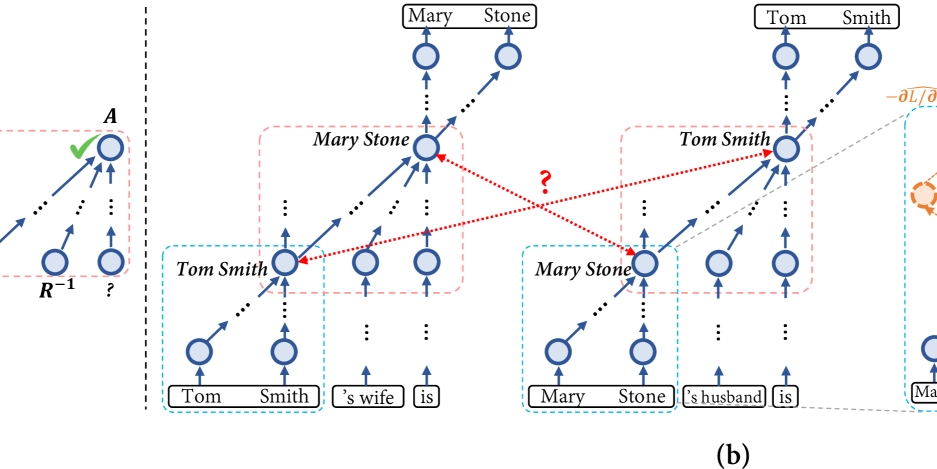Why does nesting Using blocks in VB.NET trigger a CA2202 warning?
I want to open a text file in read-only mode and extract values in a WinForms application using VB.NET. To ensure it's opened in read-only mode, I researched and found that wrapping a FileStream with FileAccess.Read inside a StreamReader is necessary since StreamReader does not have this parameter. I use Using statements for both streams. However, I now get a warning: "CA2202: Do not dispose objects multiple times". The code works fine, though! Additionally, sharplab.io shows that the streams are not disposed of twice in the finally blocks. If I simply write Dim fs As New FileStream(filePath, FileMode.Open, FileAccess.Read), the warning disappears. I also read yesterday that one Dispose call is sufficient, saying that the base stream is also closed. So, why is one Using statement enough? Can you explain what happens internally? Imports System Imports System.IO Public Class C Public Sub M() Dim applicationRootDir As New IO.DirectoryInfo("...") Dim applicationPath As String = applicationRootDir.Parent.Parent.FullName Dim filePath As String = Path.Combine(applicationPath, "...", "...", "....txt") Dim win1252 As System.Text.Encoding = Text.Encoding.GetEncoding("Windows-1252") Using fs As New FileStream(filePath, FileMode.Open, FileAccess.Read) ' open it only reading (StreamReader hasn't that) 'Dim fs As New FileStream(filePath, FileMode.Open, FileAccess.Read) ' open it only reading (StreamReader hasn't that) Using reader As New StreamReader(fs, win1252) While Not reader.EndOfStream Dim line As String = reader.ReadLine() Dim parts As String() = line.Split(New Char() {","c}) If parts.Length = 4 Then Dim someval1 As Int16 = Int16.Parse(parts(0)) Dim someval2 As Int16 = Int16.Parse(parts(1)) Dim m As Int16? If String.IsNullOrEmpty(parts(2)) Then m = Nothing Else m = Int16.Parse(parts(2)) End If Dim n As Int16? If String.IsNullOrEmpty(parts(3)) Then n = Nothing Else n = Int16.Parse(parts(3)) End If ' building objects here End If End While End Using End Using End Sub End Class

I want to open a text file in read-only mode and extract values in a WinForms application using VB.NET. To ensure it's opened in read-only mode, I researched and found that wrapping a FileStream with FileAccess.Read inside a StreamReader is necessary since StreamReader does not have this parameter. I use Using statements for both streams.
However, I now get a warning:
"CA2202: Do not dispose objects multiple times".
The code works fine, though! Additionally, sharplab.io shows that the streams are not disposed of twice in the finally blocks.

If I simply write Dim fs As New FileStream(filePath, FileMode.Open, FileAccess.Read), the warning disappears.
I also read yesterday that one Dispose call is sufficient, saying that the base stream is also closed.
So, why is one Using statement enough? Can you explain what happens internally?
Imports System
Imports System.IO
Public Class C
Public Sub M()
Dim applicationRootDir As New IO.DirectoryInfo("...")
Dim applicationPath As String = applicationRootDir.Parent.Parent.FullName
Dim filePath As String = Path.Combine(applicationPath, "...", "...", "....txt")
Dim win1252 As System.Text.Encoding = Text.Encoding.GetEncoding("Windows-1252")
Using fs As New FileStream(filePath, FileMode.Open, FileAccess.Read) ' open it only reading (StreamReader hasn't that)
'Dim fs As New FileStream(filePath, FileMode.Open, FileAccess.Read) ' open it only reading (StreamReader hasn't that)
Using reader As New StreamReader(fs, win1252)
While Not reader.EndOfStream
Dim line As String = reader.ReadLine()
Dim parts As String() = line.Split(New Char() {","c})
If parts.Length = 4 Then
Dim someval1 As Int16 = Int16.Parse(parts(0))
Dim someval2 As Int16 = Int16.Parse(parts(1))
Dim m As Int16?
If String.IsNullOrEmpty(parts(2)) Then
m = Nothing
Else
m = Int16.Parse(parts(2))
End If
Dim n As Int16?
If String.IsNullOrEmpty(parts(3)) Then
n = Nothing
Else
n = Int16.Parse(parts(3))
End If
' building objects here
End If
End While
End Using
End Using
End Sub
End Class










































































































































































![[The AI Show Episode 142]: ChatGPT’s New Image Generator, Studio Ghibli Craze and Backlash, Gemini 2.5, OpenAI Academy, 4o Updates, Vibe Marketing & xAI Acquires X](https://www.marketingaiinstitute.com/hubfs/ep%20142%20cover.png)














































































































































































































































.jpg?#)















































































































































![YouTube Announces New Creation Tools for Shorts [Video]](https://www.iclarified.com/images/news/96923/96923/96923-640.jpg)

![Apple Faces New Tariffs but Has Options to Soften the Blow [Kuo]](https://www.iclarified.com/images/news/96921/96921/96921-640.jpg)






























































































































